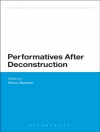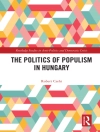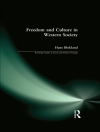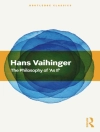Specific Chinese models for theories of knowledge were premised upon a structurally ordered external reality; since natural (or cosmic) order is organic, it naturally follows the ‘flow’ of structural patterns and operates in accordance with structural principles that regulate every existence. In this worldview, our mind is also structured in accordance with this all-embracing, but open, organic system. The axioms of our recognition and thought are therefore not arbitrary, but follow this rationally designed structure. The compatibility of both the cosmic and mental structures is the basic precondition that enables humans to perceive and recognize external reality. The present study shows that this paradigm of structural epistemology can already be found in the earliest Chinese theories of knowledge.The introduction of Chinese models and their incorporation into Western discourses fills an important theoretical gap in the Western model of structuralism. This book offers an insight into epistemological systems that arose outside the discourses of the Euro-American tradition. It can thus help us to eliminate and supersede certain culturally conditioned prejudices as to the superiority and omnipresence of Western theoretical models, while demonstrating incontrovertibly that the results of Western discourses are by no means the only force driving theoretical innovation at the present time.
Jana S. Rosker
Traditional Chinese Philosophy and the Paradigm of Structure (Li c ) [PDF ebook]
Traditional Chinese Philosophy and the Paradigm of Structure (Li c ) [PDF ebook]
قم بشراء هذا الكتاب الإلكتروني واحصل على كتاب آخر مجانًا!
شكل PDF ● صفحات 240 ● ISBN 9781443845182 ● الناشر Cambridge Scholars Publishing ● نشرت 2013 ● للتحميل 6 مرات ● دقة EUR ● هوية شخصية 2611487 ● حماية النسخ Adobe DRM
يتطلب قارئ الكتاب الاليكتروني قادرة DRM












